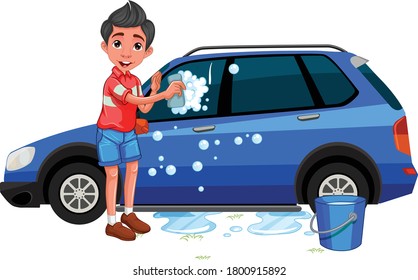In case, provided that, as long as, unless, and since are conditional conjunctions that are used to:
a) To link or to connect phrases or ideas
b) To express unhappiness
c) To express uncertainty
a) To link or to connect phrases or ideas
Mention 2 uses of the modal verbs
possibility or permission
A thief stole my car.
My car was stolen by a thief.

-In the mall, clothes are expensive.
-In the market, clothes are cheap.
So, you can buy _____ (economic) in the market.
more economically
Complete the sentence with the appropriate conditional conjunction:
Humans need to be careful about alien encounters __________ they are aggressive.
a) in case b) as long as c) provided that
a) in case
Complete the question: ________ you tell me the time please?
Could you tell me the time please?

They didn't make their beds.
Their beds weren't made by them.
Use this word to make a superlative, and a comparative adverb: unselfish
Superlative: the most unselfishly
Comparative: more unselfishly
Complete the sentence with the appropriate conditional conjunction:
Animals will be in danger ____________ we protect them.
a) in case b) since c) unless
c) unless
Complete the sentence: I _____ go to school or I will fail the course.
I must go to school or I will fail the course.
Did he send the letter?
Was the letter sent by him?

Chocolate has the power to make people act ____ (happy).
Chocolate has the power to make people act more happily.
Choose the correct conditional conjunction for this sentence:
__________ people had never seen aliens, we don't know how they are.
a) Unless b) Since c) Provided that
b) Since
Complete the sentence: Rodrigo ______ like burritos.
Rodrigo might like burritos.
You wash the car every week.
The car is washed every week. 
What do we use comparative and superlative adverbs for?
Comparative: to compare 2 things.
Superlative: to compare 1 thing to 2 or more things.
Choose the correct conditional conjunction for this sentence:
It will be nice to meet an Alien ____________ they are friendly.
a) since b) unless c) as long as
c) as long as
Write 2 sentences using different modal verbs.
Do you wash the car every week?
Is the car washed every week?
-The person who reacts the most aggressively will be out.
-The person who reacts more aggressively than his peer, will be out.
What’s the difference between these two sentences?
The first one compares one person to more than 2 people.
The second one compares one person to another person.